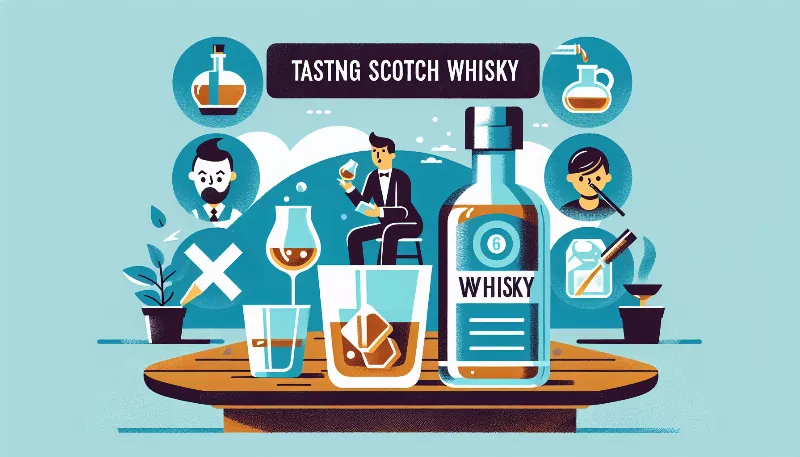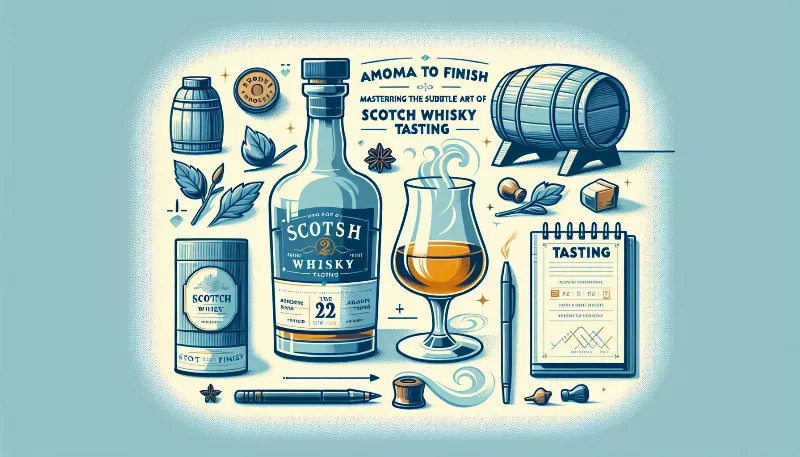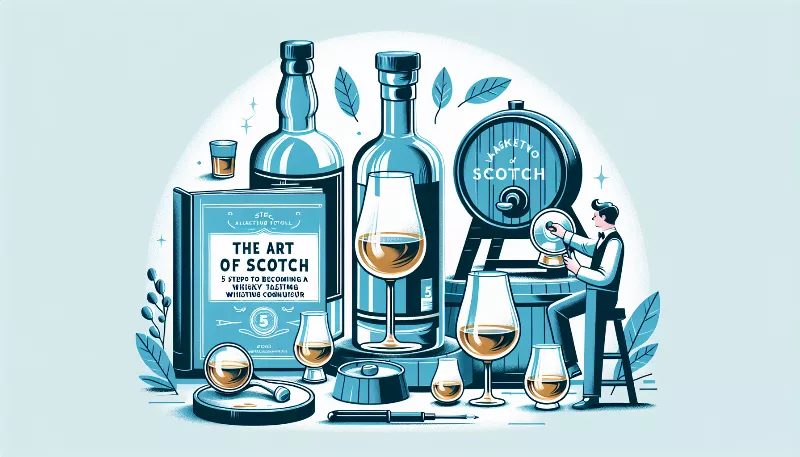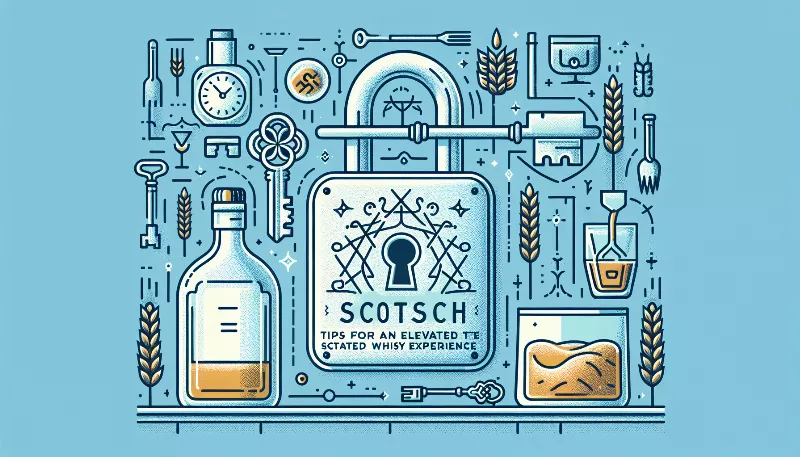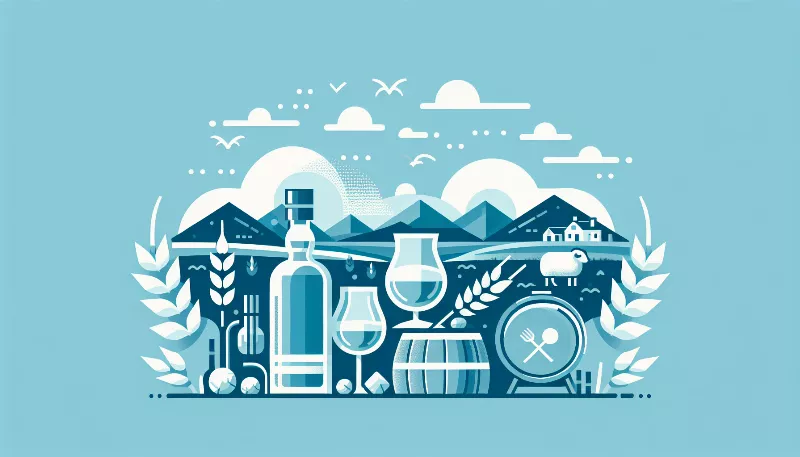What is the difference between single malt and blended Scotch whisky?
Discover the unique characteristics of single malt vs blended Scotch whisky. Taste the tradition & craftsmanship in every sip. Unveil the mystery now!
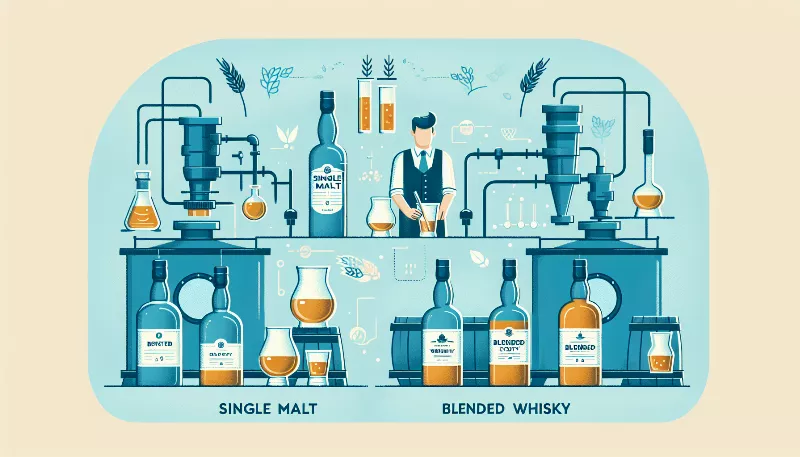
Embark on a Journey Through the World of Scotch Whisky
Are you ready to dive into the rich and storied world of Scotch whisky? Whether you're a seasoned connoisseur or a curious newcomer, understanding the difference between single malt and blended Scotch whisky is essential. These two categories represent the heritage, craftsmanship, and diversity of Scotch, and each offers a unique experience for your palate. Let's explore the nuances that make single malts and blends distinctively delightful!
The Essence of Single Malt Scotch Whisky
Single malt Scotch whisky is the epitome of purity and place. It is made exclusively from malted barley, water, and yeast, and is distilled at a single distillery in Scotland. The 'single' in single malt refers to the fact that all the whisky in the bottle comes from one distillery, offering a pure expression of the distillery's character. Each single malt carries with it the signature flavors of its home region, whether it's the peaty intensity of Islay or the fruity elegance of Speyside.
Single malts are typically aged in oak barrels for a minimum of three years, though many are matured much longer to develop depth and complexity. The choice of casks—be it former bourbon, sherry, or wine barrels—further influences the flavor profile, adding layers of vanilla, spice, or nuttiness to the whisky. When you sip a single malt, you're savoring the craft of master distillers and the subtle variations imparted by Scotland's natural elements.
The Art of Blended Scotch Whisky
Blended Scotch whisky is a symphony of flavors, a masterful combination of both malt and grain whiskies from different distilleries. The art of blending is about creating balance and consistency, ensuring that each bottle of blended Scotch delivers a harmonious taste experience. Blenders are like alchemists, carefully selecting and marrying whiskies of various ages and characters to achieve the desired profile.
Blends can contain whisky from many different distilleries, often including both robust single malts and lighter grain whiskies. The grain whisky, typically made from wheat or corn, lends a smoothness and approachability to the blend, making it highly versatile and enjoyable for a wide range of whisky enthusiasts. Blended Scotch is the backbone of the whisky industry, accounting for the majority of Scotch sales worldwide. It's the go-to choice for classic cocktails and an accessible entry point for those new to the world of whisky.
Appreciating the Diversity
When it comes to choosing between single malt and blended Scotch whisky, there's no right or wrong answer—it's all about personal preference. Single malts offer a deep dive into the specific characteristics of a single distillery, while blends provide a consistent and balanced profile that showcases the blender's skill. Both styles have their own charm and complexity, and both deserve a place in your whisky collection.
As you explore the diverse landscape of Scotch whisky, remember that each bottle tells a story. Whether you're drawn to the singular focus of a single malt or the harmonious blend of a well-crafted mix, you're participating in a tradition that spans centuries. So raise a glass to the masters of malt and the wizards of blending, and savor the rich tapestry of flavors that Scotch whisky has to offer!

